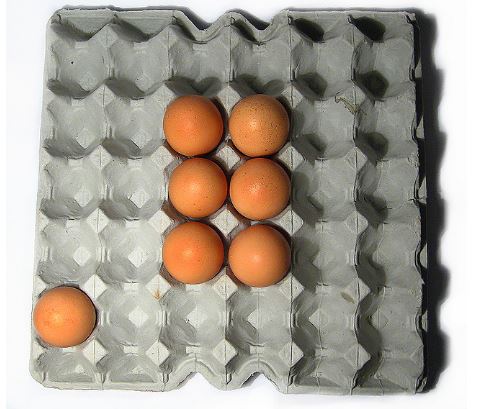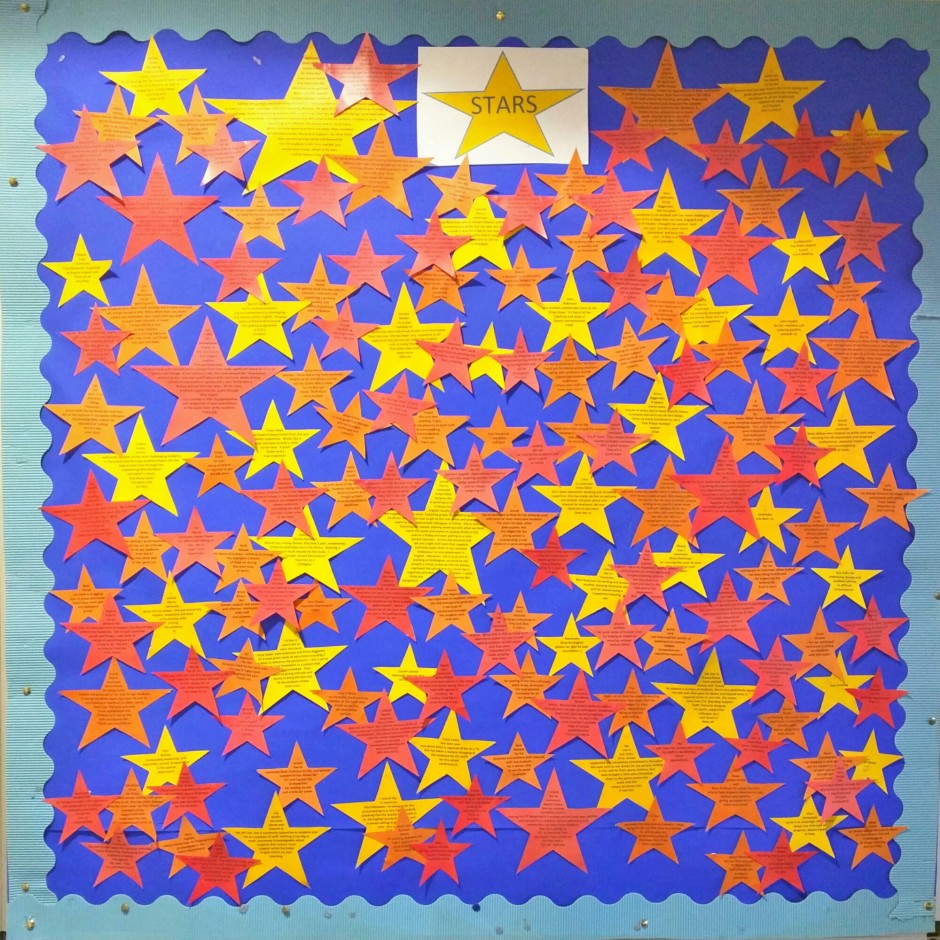Grading individual lessons has been an unhelpful distraction – 4 June 2014
By June, The Wellington Academy were one series into their non-graded, peer led, lesson learning observations performance review cycle. A further four months on, we have no intention of returning to grades. If anything, we may encourage greater distribution. The only addition will be the inclusion of “British Values” to the question “Which opportunities for SMSC/RWCM/British Values were exploited?’
Just to be clear, we moved from traditional graded lessons observations, to focusing on the learning of just two pupils, or learning observations. A pre-observation planning conversation, a forensic, focus on the learning experience of just two pupils, followed with a non-judgemental presentation of what was observed, recorded quickly and easily in SchooliP. The process concludes with a conversation, an agreement on what and how to improve as an area for professional focus. Again recorded and evidence in SchooliP, providing an invaluable reference point for the final review meeting.
Conversation spurned more conversations around teaching, learning and assessment flourish. Professional development opportunities were being sought and coaching relationships grow. Inexperienced teachers partnered with experienced teachers, teachers connected across subjects and the doors of classrooms were being left open more often and colleagues become more receptive to visitors. The value of observing one another and holding professional dialogue around learning has not been all plain sailing.
Morning Kris
Having now gone through the process of being observed and being the observer, and having done some reflecting around it, I have some thoughts I’d like to share with you regarding the process. What struck me yesterday (particularly after my own observation yesterday) is that there is a tendency for the teachers whom I’ve observed to go with relatively “safe” children. By that I mean children who are likely to make expected progress with some monitoring in the lesson.
I think this is definitely a confidence thing; we have only just moved away from grading and teachers are still somewhat in the mind set that if students don’t make expected progress it will be seen a “failure”; however it does raise the possibility that the issues we really need to tackle in school will be skirted around and the potentially powerful developmental tool that the observation process has the possibility of becoming won’t be used as effectively as it could or should be because teachers are still too afraid to discuss the “real” issues they face on a day to day basis with the children they teach.
What I take from this feedback, is that it takes time to build or establish trust. It is tells me that graded lessons promoted safe teaching, with your safest groups with moderate ambition.
As we approach the end of the cycle, my thoughts have turned towards the importance of observations (graded or not)to performance reviews and therefore, by default, Performance Related Pay? The vast majority of teachers work extremely hard, find the job challenging though are determined. In my experience, few teachers go to work without commitment to improving the life chances of pupils. If you accept this position, for the vast majority learning observations are purely developmental. The responsibility to improve, their professional responsible. I would therefore promote a Performance Review and Pay Progression system that hinged on the teachers attention to improve themselves, to commit to their own professional development. Arguably, the areas for professional development being revealed through self-reflective learning observations. A self-serving system that values staff who invest in themselves and places responsibility on the school to make opportunities available to staff to improve themselves.
What about teachers who are finding their roles challenging, over-whelming even? Why should learning observations be different for them? If anything, they should be even more supportive? Certainly graded lesson observations heaped on the pressure of teachers suffocating, buckling under the pressure. Where we have “significant concerns,” about the quality of teaching, we should be addressing them directly through the Teacher Standards.
My lens on lesson observations has changed. With encouragement, I changed the lens before I knew what the outcome of learning observations would look like. For that, I owe my colleague Paul Blake a debt of gratitude. At The Wellington Academy, Learning observations are still evolving albeit more steadily now. We are still looking for ways to get closer to reality, to get closer to the action, to remove the influence of the observer, or to remove the observer completely. More of that in the future… for now, I am questioning whether or not I have the right lens on Performance Review.
[qr_code_review]


